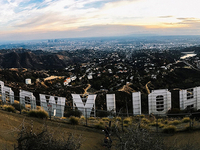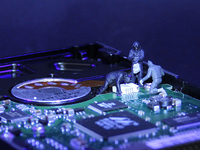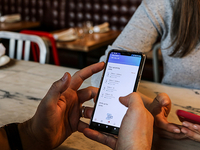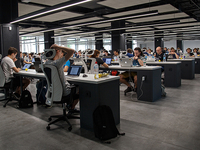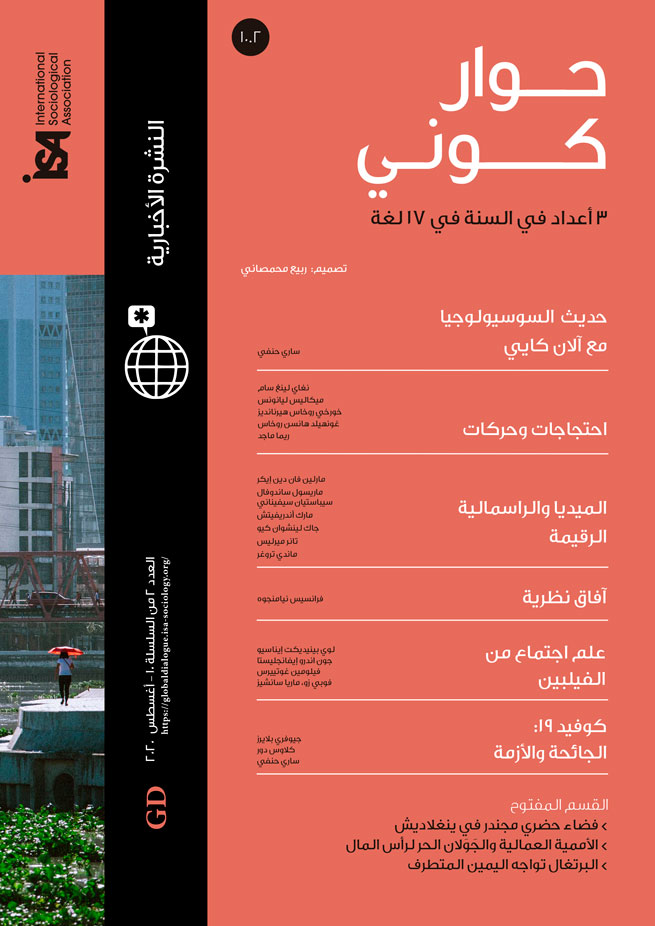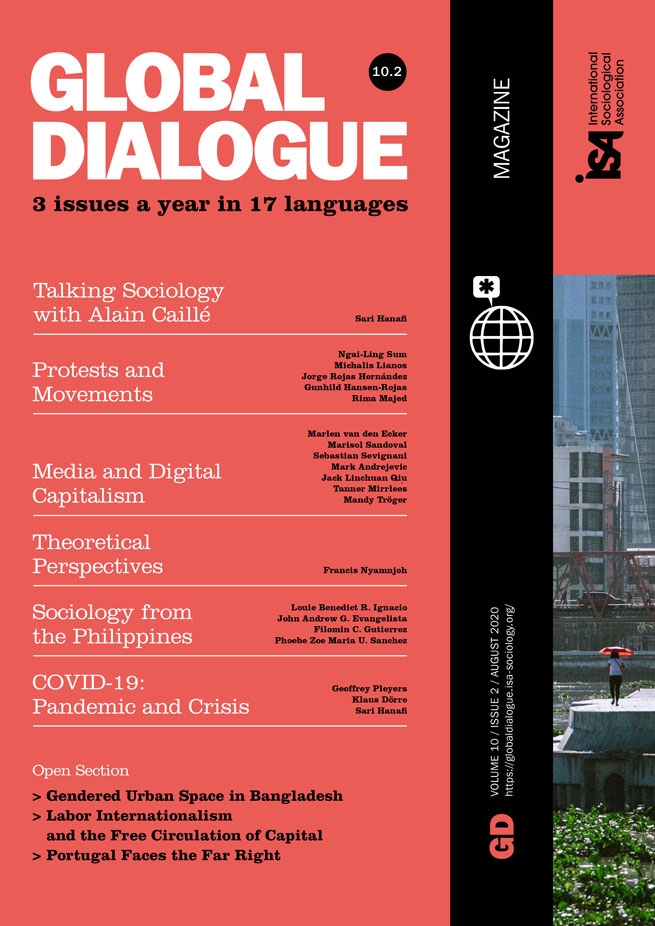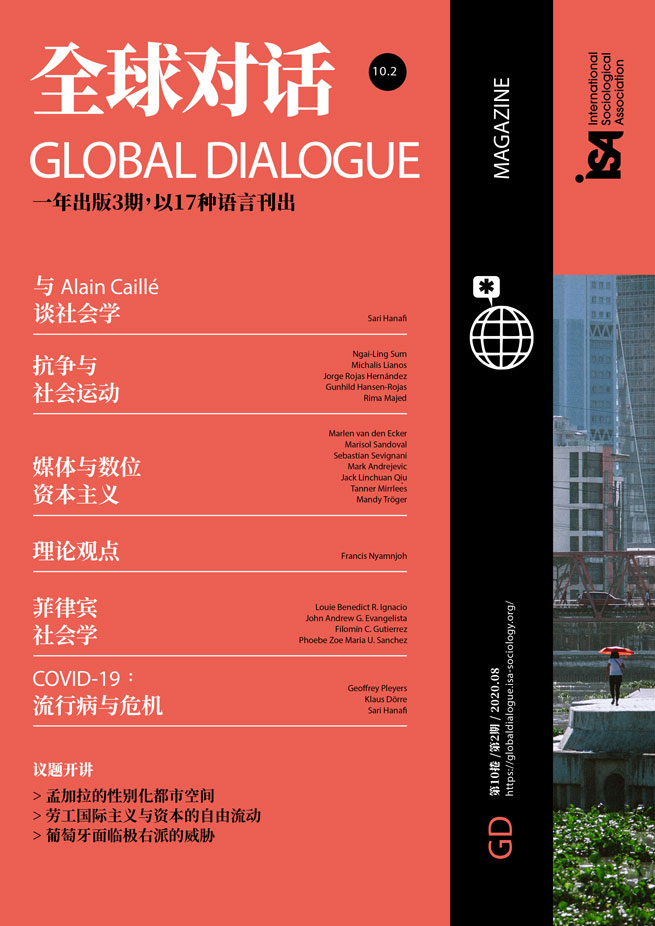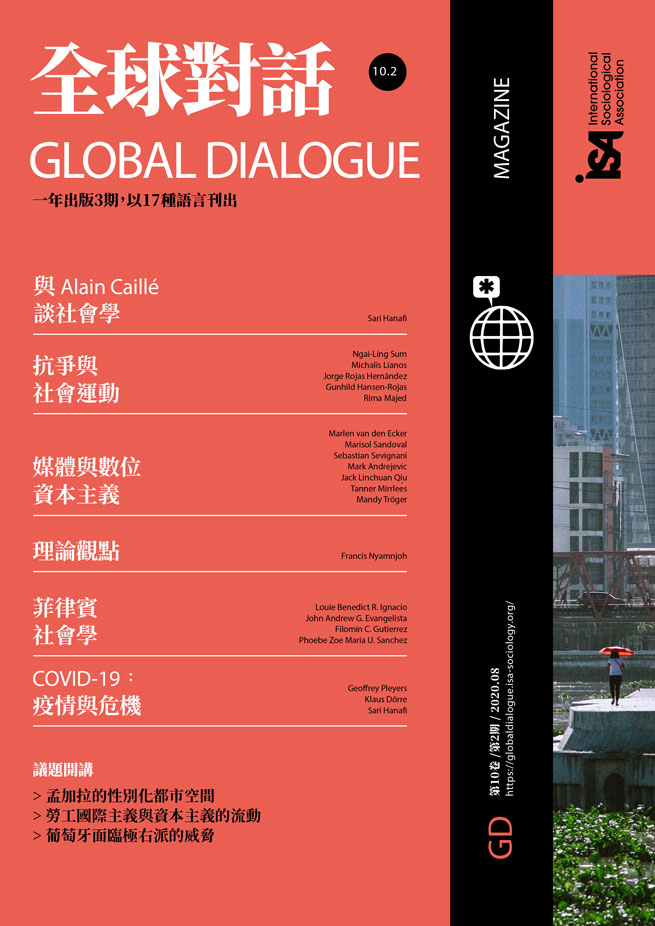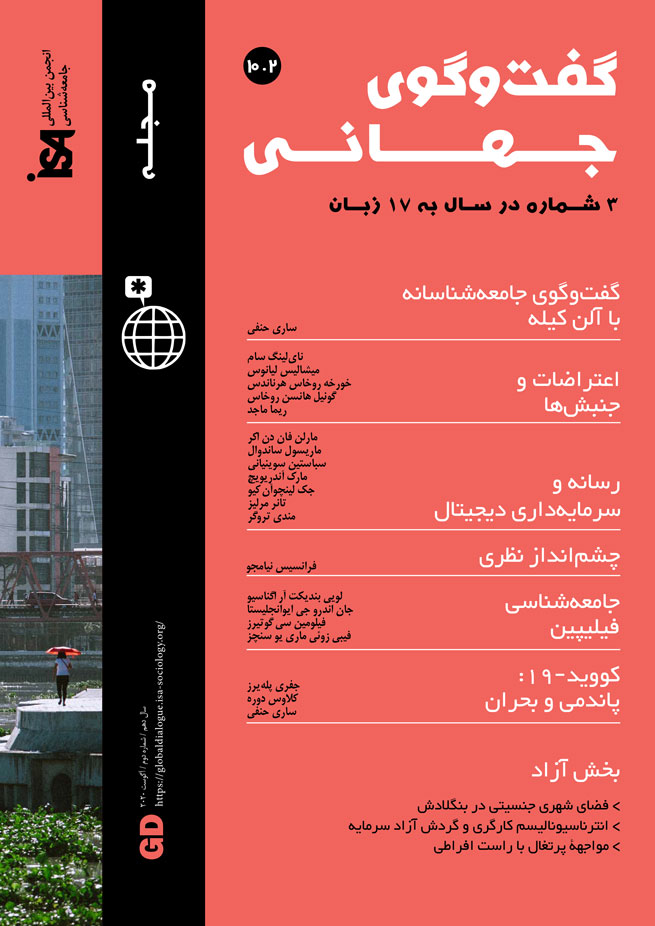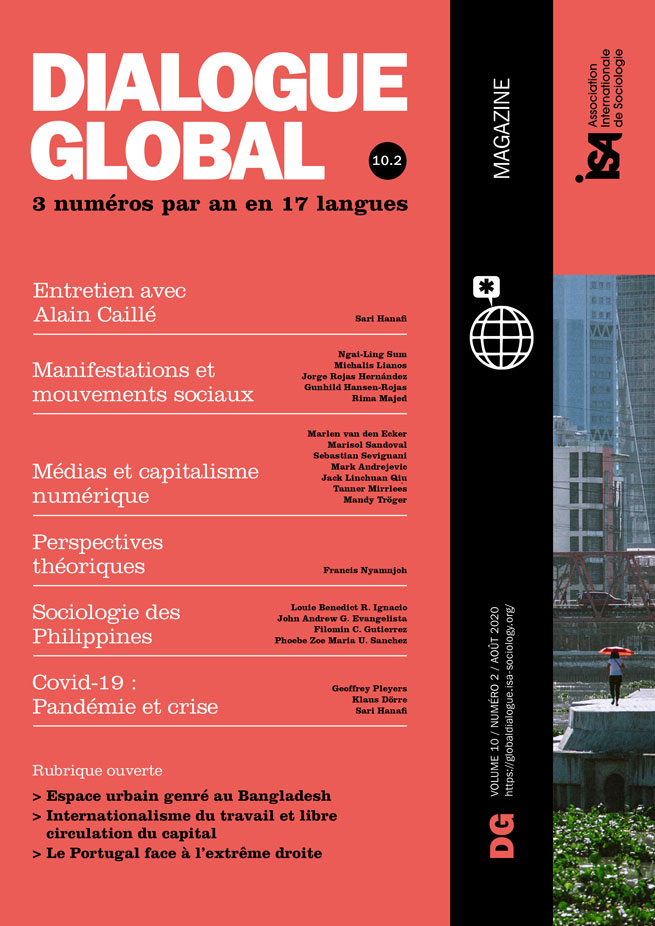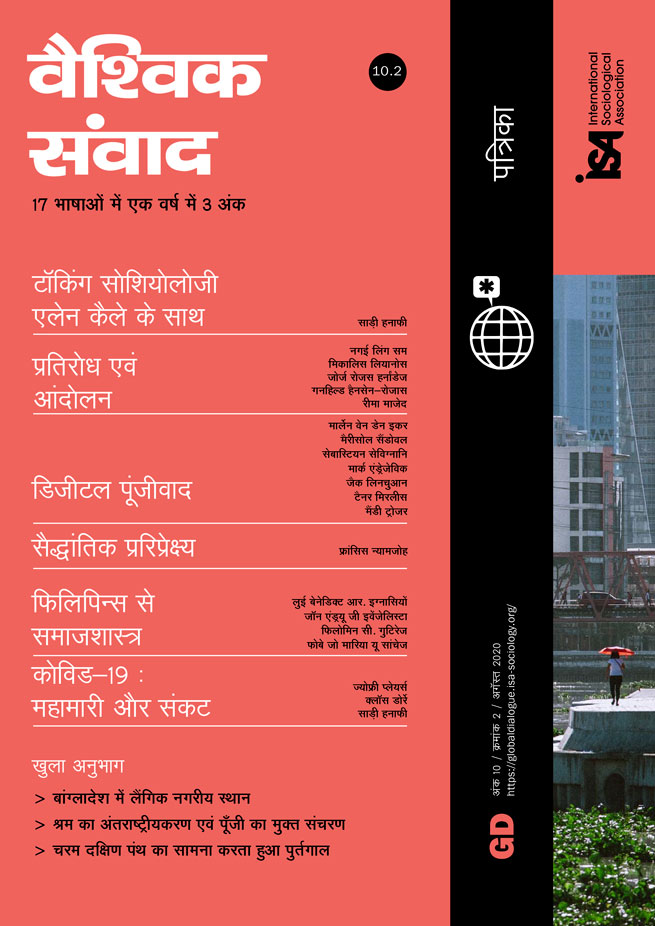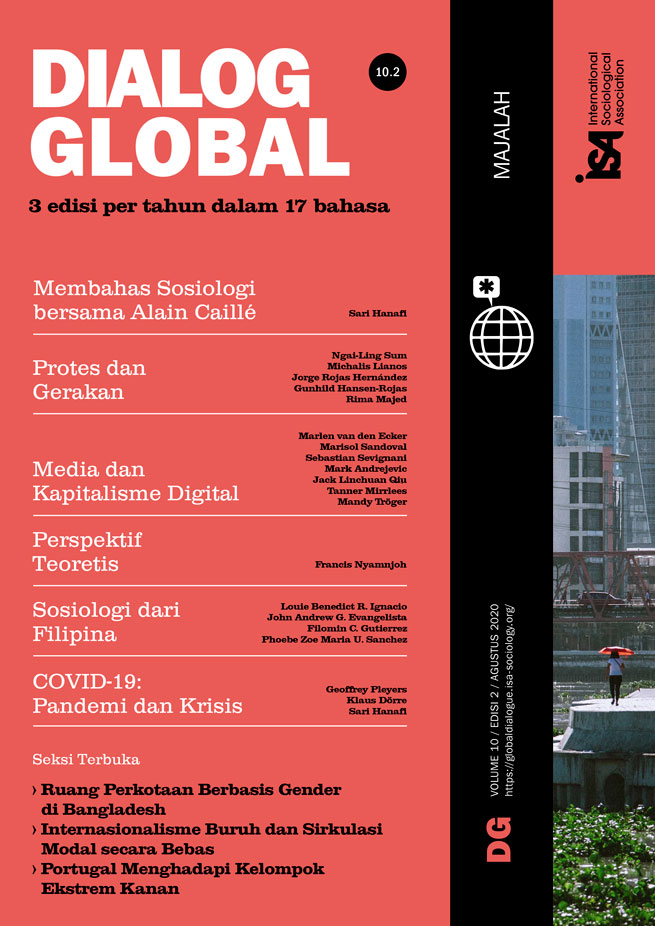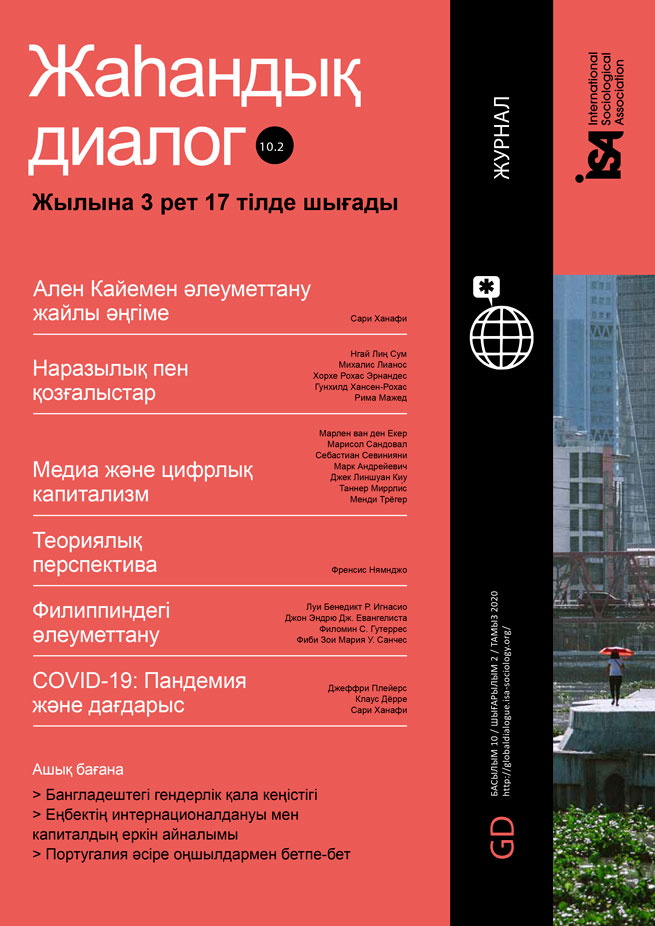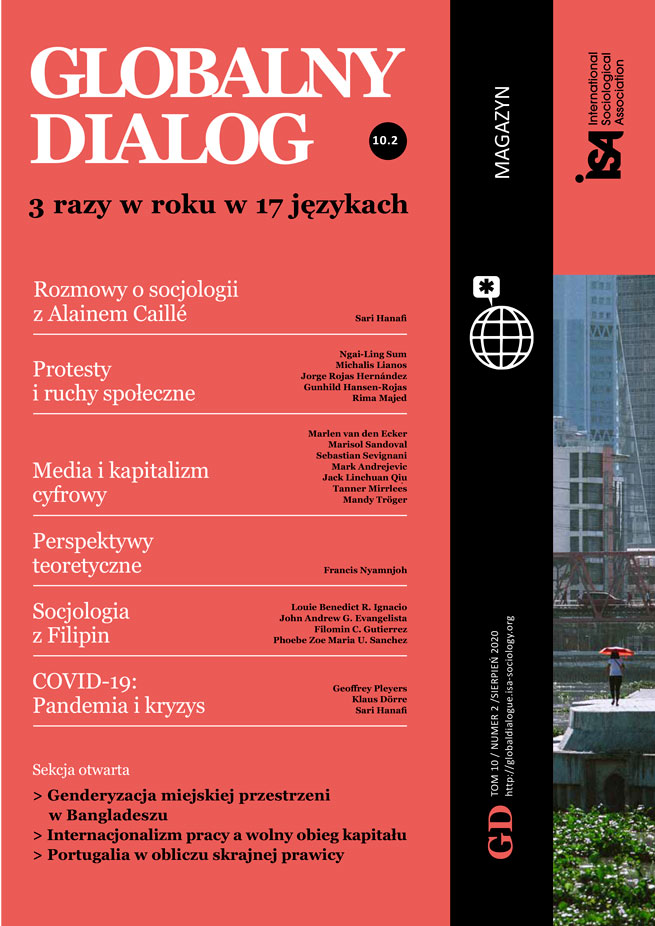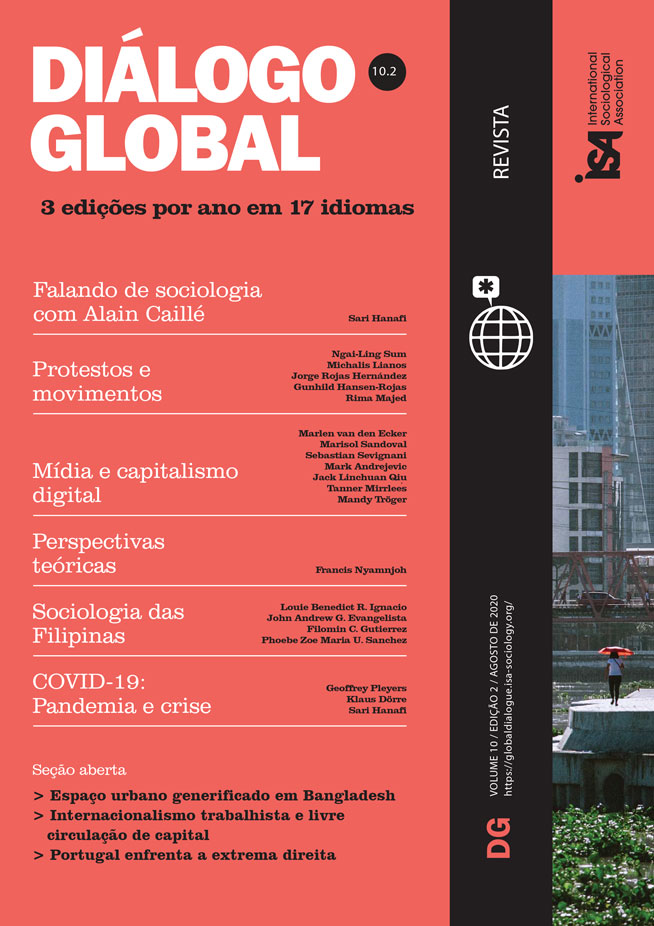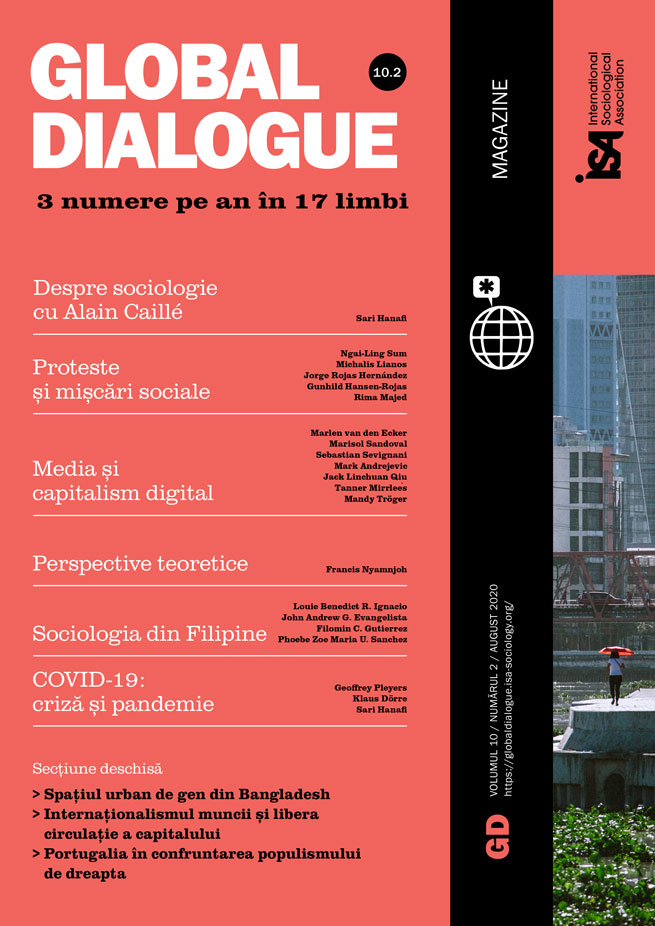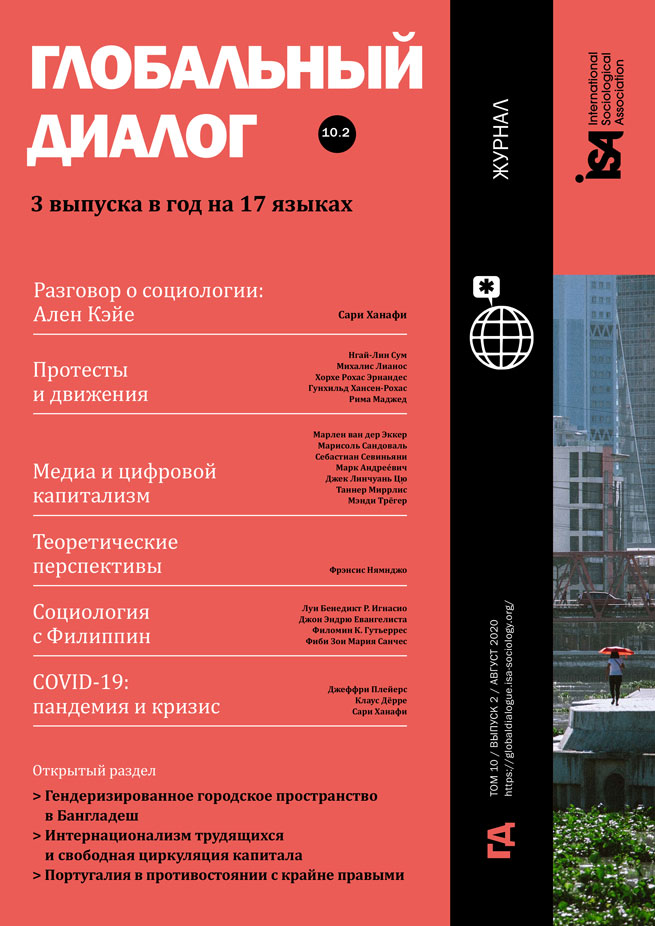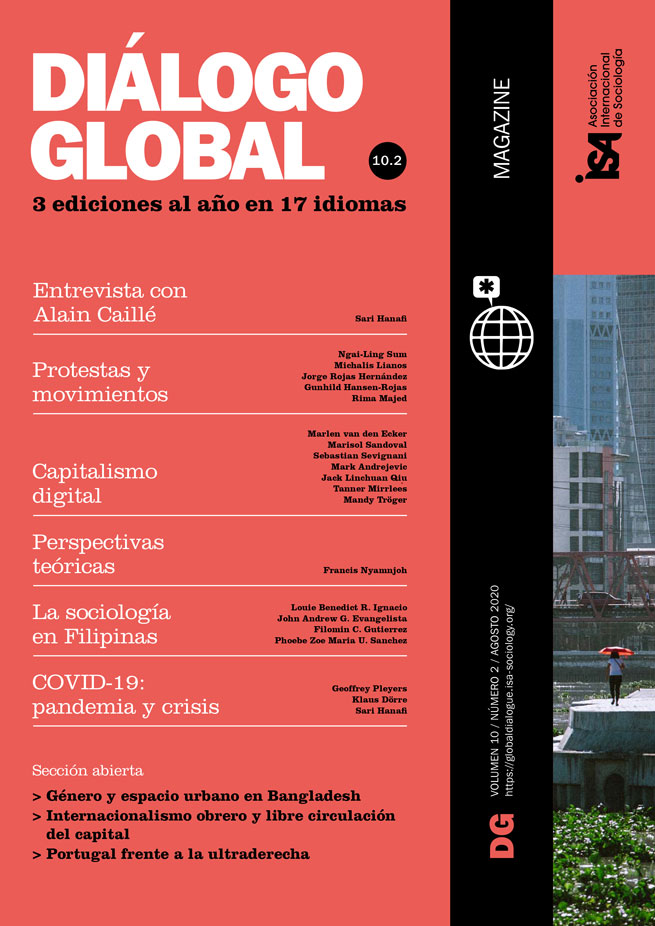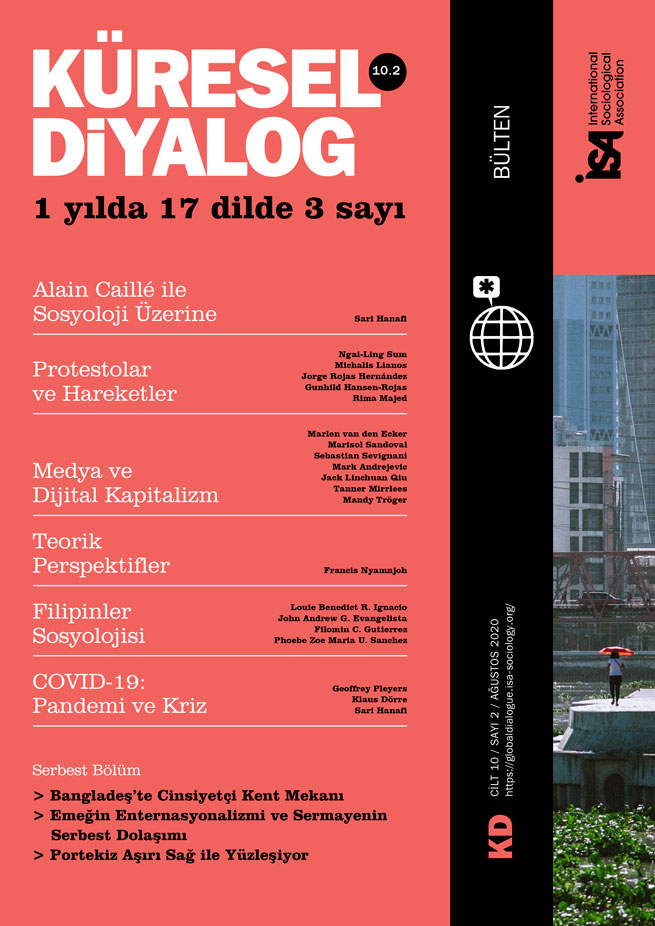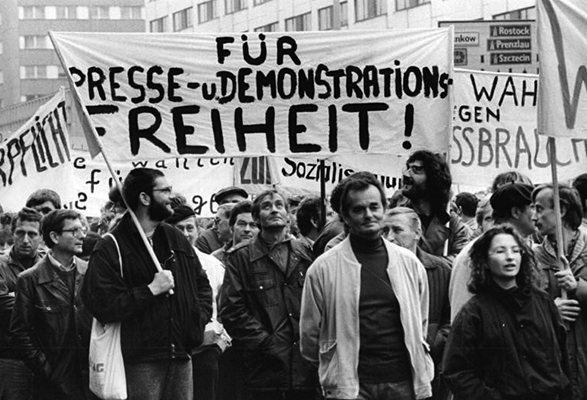The West German union magazine Publizistik & Kunst called it “the gold rush,” while the newspaper die tageszeitung was reminded of “the early days of capitalism.” Both referred to the development of the press market in the former German Democratic Republic (GDR) in the spring of 1990. West German political and economic groups were building market structures in their own interest, hampering a profound democratic media reform.
Only five months earlier, in November 1989, hundreds of thousands of East Germans had gone to the streets protesting state repression, demanding free and democratic media. These protests brought down the Berlin Wall and set off a wave of progressive reforms also in the media. Eventually, on October 3, 1990, the GDR joined the Federal Republic, reuniting Germany. While much has been written about the unification, the interim period has fallen out of history. This article shows that the German press market was effectively united by May 1990.
Reform
The initial media reform goal in November 1989 was to break the information monopoly of the Socialist Unity Party (SED). The SED held about 70% of the total newspaper production of the GDR. As early as December 1989, the GDR Council of Ministers ratified a resolution that supported opposition groups by guaranteeing them equal access to the media. Shortly after, on February 5, 1990, the Act on Freedom of Opinion, Information, and Media prohibited censorship and declared that the press was free from political and economic monopolization, and thus, an open platform for public debate. Every person and legal entity in the GDR had the right to publish, print, and distribute media.
This was followed by an explosion of newspaper start-ups: sixteen newspapers were founded in February 1990 alone; by July 1990, it was about 100. In a country with only seventeen million people, this start-up wave stood for structural reform and democratic participation. Meanwhile, established newspapers claimed political independence and underwent internal reforms; debates on what makes a press truly free were being held in newsrooms, newspapers, and letters to the editor.
At the same time, several institutions were founded solely to reform the GDR media. For instance, the non-partisan grassroots Media Control Council (MKR) and the Ministry of Media Policy (MfM) were already founded by April 1990. Their aim, according to Media Minister Gottfried Müller in May 1990, was to ensure a “cultivated transition to media freedom,” to not “simply adopt or imitate Western models and concepts.” The goal was to find new models for a free press.
Market takeover
Concurrently to these political reform initiatives, West German media corporations had begun to explore the East German market. As early as December 1989, publishers distributed their publications in the GDR. Sporadic exports soon turned systematic. By mid-February, the West German Ministry of the Interior (BMI) admitted there was already a need for regulation: taxes were not paid, prices not fixed. The BMI, however, “explicitly endorsed” these “activities of publishers in legal gray areas.” It aimed thereby at securing the flow of information to influence the first free GDR-election in March 1990, heavily financed by West German partisan interests. This laid the political foundation for a press transition shaped by West German market interests.
On March 5, 1990, the major publishing houses Springer, Burda, Bauer und Gruner + Jahr (G + J) started systematic imports. They single-handedly installed their own proprietary system. Dividing the GDR into four zones of distribution, they jointly distributed mainly their own publications, flooding the East German market. Illegal according to federal law, it caused consternation among all GDR political and civic bodies. Since this scheme began only two weeks before the election, the GDR government was unable to act. Attempts at regulation were rejected or ignored.
Shortly after the election, these publishers aimed at gaining a competitive advantage over one another by the use of predatory pricing. The goal of this money-losing business was to win future readers. This excluded small West German publishers who could not afford such prices, and put additional pressures on East German newspapers: outdated printing facilities, paper scarcity, and unreliable distribution infrastructures made it difficult to compete. Moreover, on April 1, 1990, the GDR ended press subsidies. Most newspapers doubled or tripled their prices and quickly turned to advertising, which made necessary West German expertise. This – in addition to needed capital investments – created early dependencies for East German newspapers.
Two countries, one market
By April 1990, all East German newspapers stood in joint venture negotiations with West German publishers aiming for a competitive advantage in the East. Prime objects were the fourteen former SED regional newspapers, quasi-monopolies in their respective regions. Officially, these newspapers signed agreements of intent. In reality, however, West German publishers put in place business relations that ranged from the acquisition of advertisers, to the printing of newspapers, and included equity investments. It was only in April 1991, however, that these joint ventures were turned into legal contracts by the trust agency (Treuhandanstalt, THA) of the German government. The THA handed unaltered, former state press monopolies to major West German publishers that soon further consolidated the market.
Death of a dream
The result was press concentration: Of the 120 newspapers that had been founded in 1990, two years later, only about 65 newspapers from about 50 publishers were left. By November 1992, the number had fallen to 50 newspapers from 35 publishers. To historian Konrad Dussel, this was a consequence of the federal government’s decision “against any experiment.” What it meant was the death of the democratic dream of 1989. Experiences, ideas, and initiatives of how to rethink a free press based on GDR experiences were overrun. This makes the transition period a lost window of opportunity and German unification a mere expansion of the Western political-economic order. A sovereign East German press never developed.
Mandy Tröger, Ludwig Maximilian University of Munich, Germany <Mandy.Troeger@ifkw.lmu.de>
